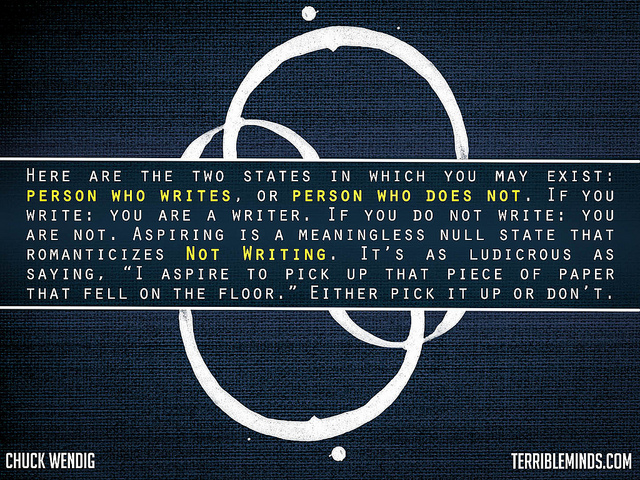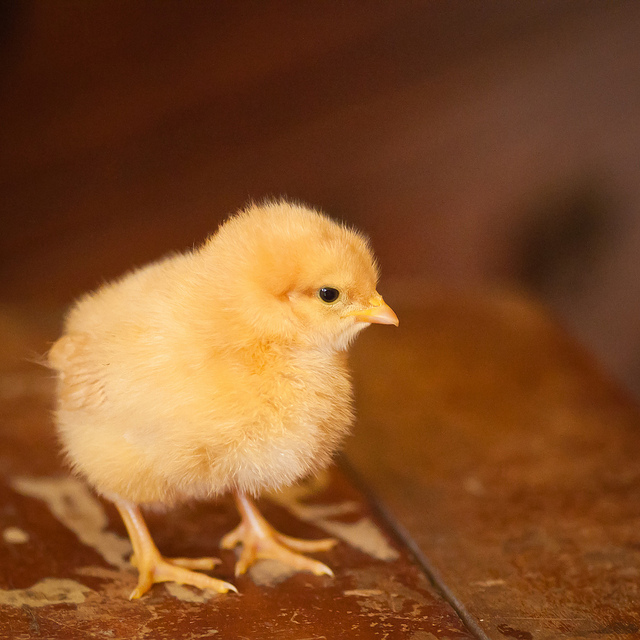
As I mentioned last time (
Creating The Perfect Murderer) I'm interested in writing a particular kind of murder mystery, one that is unabashedly intended as entertainment.
With that in mind, what is the single most important thing about the hero? That his actions should entertain the reader. Ideally, the reader should be so closely identified with the sleuth that he/she feels vicariously heroic because of our sleuth's actions.
So, what traits should our hero possess?
1. The hero/sleuth should be dramatic.
Think about the character of Sherlock Holmes as portrayed by Benedict Cumberbatch on
Sherlock. One of my favorite episodes is
A Scandal in Belgravia (season two, episode one) when Sherlock is summoned to the palace wearing nothing but a bed sheet because he refused to put clothes on.
That's dramatic.
His refusal to do something simple like getting dressed also beautifully illustrates his stubborn refusal to do anything he doesn't want to and so makes his eventual manipulation by The Lady all the more striking (pun intended).
2. The hero/sleuth should be interesting
This is, as they say, a 'no-brainer' and yet, sometimes, one can lose sight of it.
One thing that makes a character interesting is possessing contradictory character traits. For instance, Sherlock Holmes doesn't care about people, they're all morons as far as he's concerned, and yet he cares passionately for his friends. So much so that he would give his life for theirs.
3. He should live a life the reader will want to learn about
Again, this is pretty basic stuff, but how many of us have started a story off with a character waking up in their bed, looking out their window at the same old scenery and starting their same old, boring, day?
What? Just me? (blush) Okay, moving on ...
Maybe living an interesting life means the hero lives in a Park Avenue loft, or maybe it means he lives in a seedy tenement with a one-eyed cat who can tell when someone is lying.
I think the key is that the hero's life isn't
ordinary. Something about it is striking, unexpected.
Whatever your setting, remember, if it doesn't interest
you what are the chances it's going to interest a reader?
4. The hero/sleuth is courageous.
One thing that struck me about the Monk mysteries was how the screenwriters succeeded in demonstrating Monk's courage. Keep in mind that this is a character who is scared of
milk.
The key is, it takes courage to face your demons, whatever they are, and Monk regularly chose to face his demons to preserve the things he cared about, whether that was walking through a rat infested sewer or risking his reputation and his chance to get back on the police force.
Threat to life and limb. Though temporarily overcoming a debilitating fear of milk is admirable, even tormented characters such as Monk need to, eventually, face a threat to either their life or the life of someone they care deeply about.
Or not. Sweeping comments like the above are almost always false. I think that demonstrating courage has more to do with facing one's demons, facing one's fears, and that doesn't require the threat of physical death.
5. The hero/sleuth is skilled at what they do
Whatever that may be. Sherlock Holmes is a detective who solves those cases he finds interesting and he's good at it. If he wasn't he'd just be a guy who thought too highly of himself. That would be boring.
Monk: It's a gift and a curse. His physical quirks--multiple obsessions and a phenomenal memory--ruin his life but they also make him great at solving crimes. If he wasn't great at solving crimes he'd just be a bundle of neurosis and there's nothing interesting or exceptional about that.
Your sleuth doesn't have to be a detective. For instance, Miss Marple was a little old lady in a small English village who knew everyone, noticed everything, had a wonderful memory and charming manners. Her skill: she was very good at finding analogies between the actions of those around her and events in village life, analogies that laid bare the killers heart. As soon as Miss Marple got the analogy right, she solved the crime.
If Miss Marple
didn't solve the crime then she'd be what nearly everyone thought her to be: a doddering old lady. As it was, she was the embodiment of
Nemesis.
6. The hero/sleuth has a special talent
I've said something about this in the points above, but it's worth focusing on. The special ability can be anything,
- a photographic memory (Sherlock Holmes, Monk),
- a lifetime of experience combined with a keen intellect (Miss Marple),
- the ability to mentally recreate a crime scene and live it from the killers point of view (Will Graham),
- the ability to use logic and psychology (his 'grey cells') to solve the puzzle of the crime (Hercule Poirot),
- the ability to tell if a person is lying (multiple),
- a cool whip and the ability to use it (Indiana Jones),
And so on. But it doesn't have to be a 'cool' ability, it doesn't even have to be particularly useful. It can be something trivial like being able to eat more hot dogs than anyone.
The hero needs to be better than anyone else at
something. If this something makes them seem clever and resourceful, so much the better.
7. The hero/sleuth has a deep wound
Any fully developed character will have a deep wound, but this wound plays a special role in the case of a hero/protagonist.
Previously I've talked about the main arc of a story and the secondary arc, let's call this the A and B stories, respectively. The B story generally is about the hero's inner landscape, her feelings, her dreams, her problems, her insecurities while the A story has to do with an external goal or object of desire. In many stories the B arc concludes when the hero confronts her deep wound and either heals it or is destroyed by it.
This isn't going to be a tragedy so my hero will confront her deep wound and heal it.
Here's the cool bit: the hero's deep wound is healed because of her willingness to sacrifice herself. Similarly, the villain/murderer's wound will
never heal because he will never sacrifice himself, his happiness, for others.
In healing her deep wound, the hero discovers the key to attaining her external goal and victoriously closes out the A story.
Or something like that. ;)
I think I'll stop there for today. In the next post I'll talk more about the quirky characteristics our sleuth could/should have. For instance, have you noticed that many popular sleuths have been named after guns, have never been married, have no children, do not live in the suburbs and do not drive an ordinary car?
Huh.
Question: Who is your favorite sleuth?
Other articles you might like:
-
How Many Books Would You Have To Write To Quit Your Job?
-
Advice For New Writers
-
Donald Maass On Why Books Don't Sell
-
5 Rules For Writing A Murder Mystery: Keeping the Murderer Secret Until The End
Photo credit: "
Universal Captain America" by
JD Hancock under
Creative Commons Attribution 2.0.










